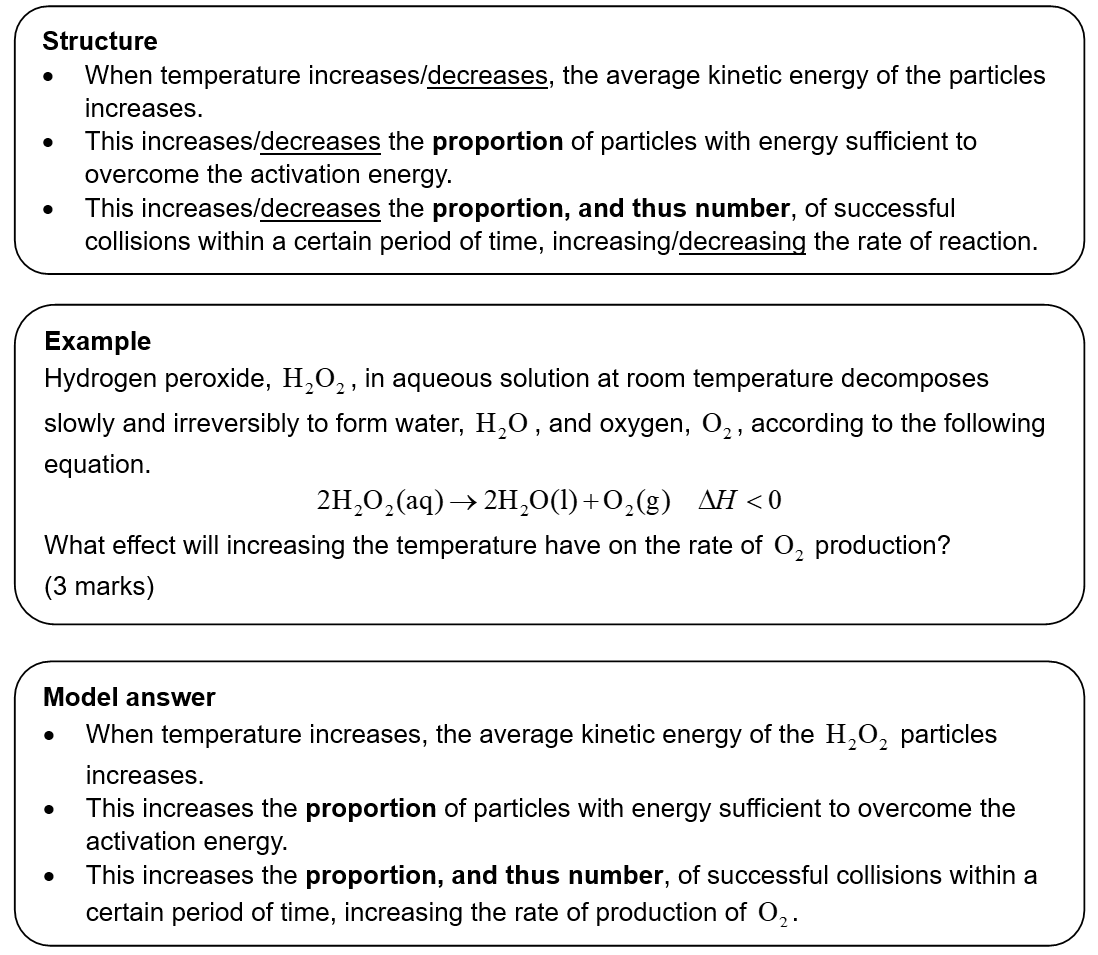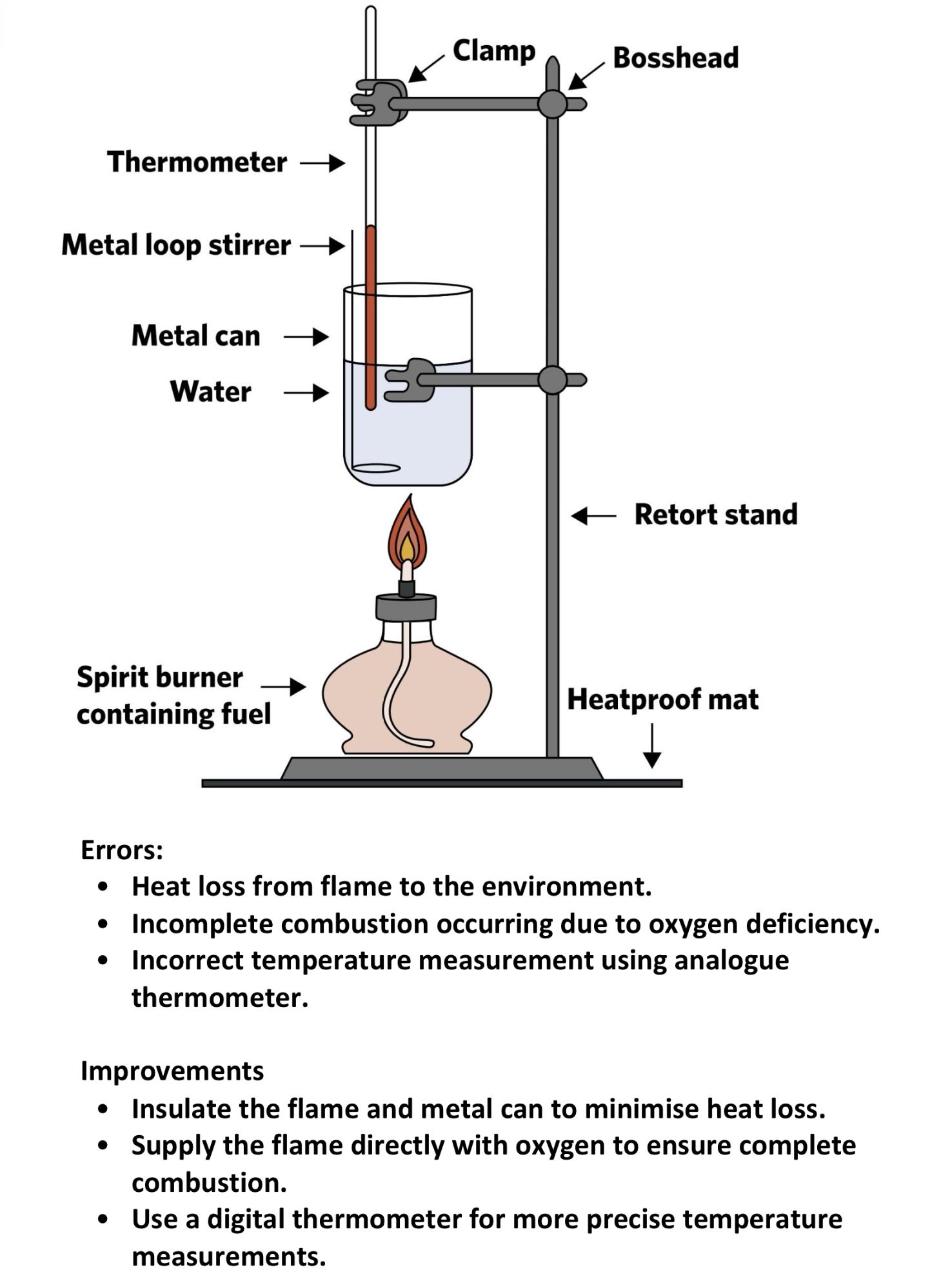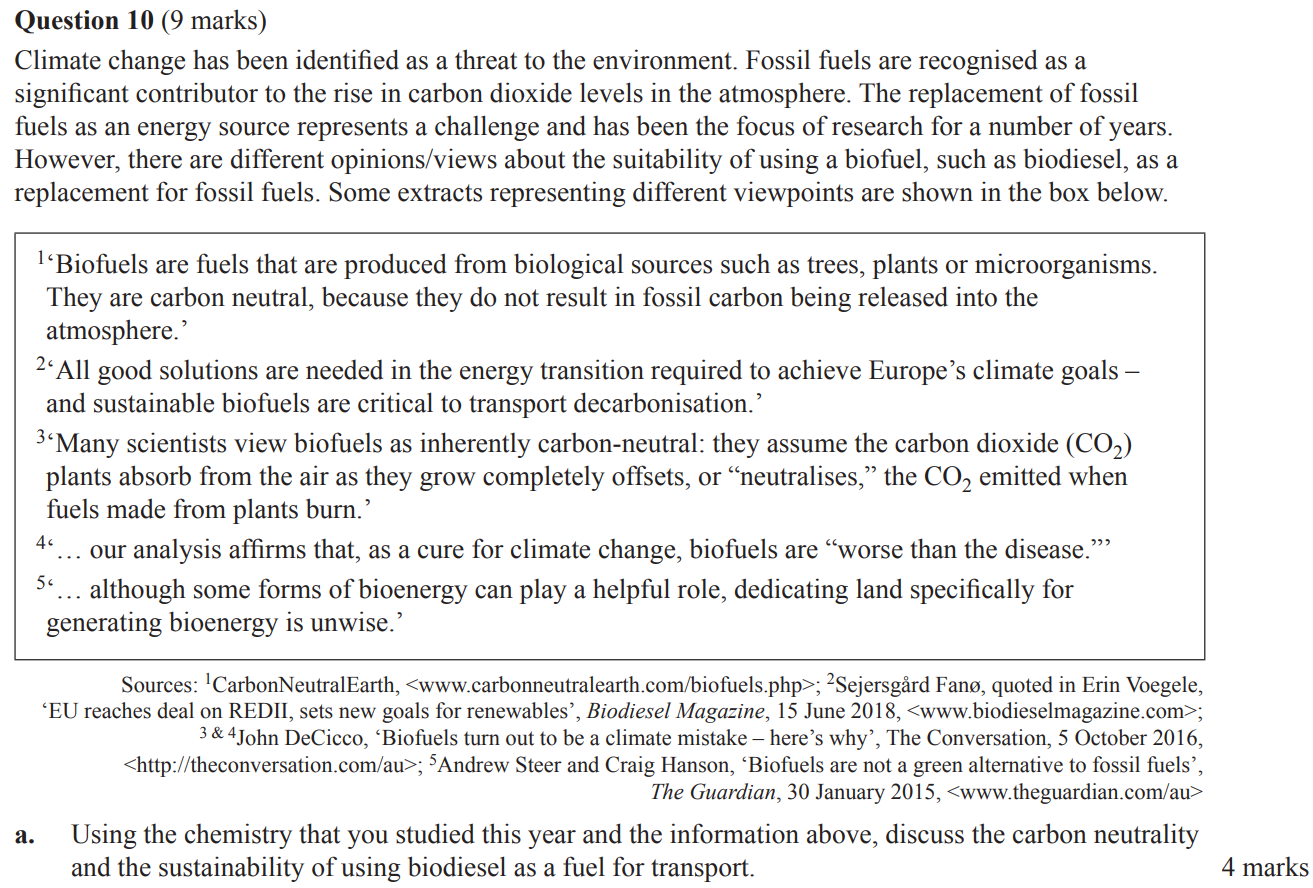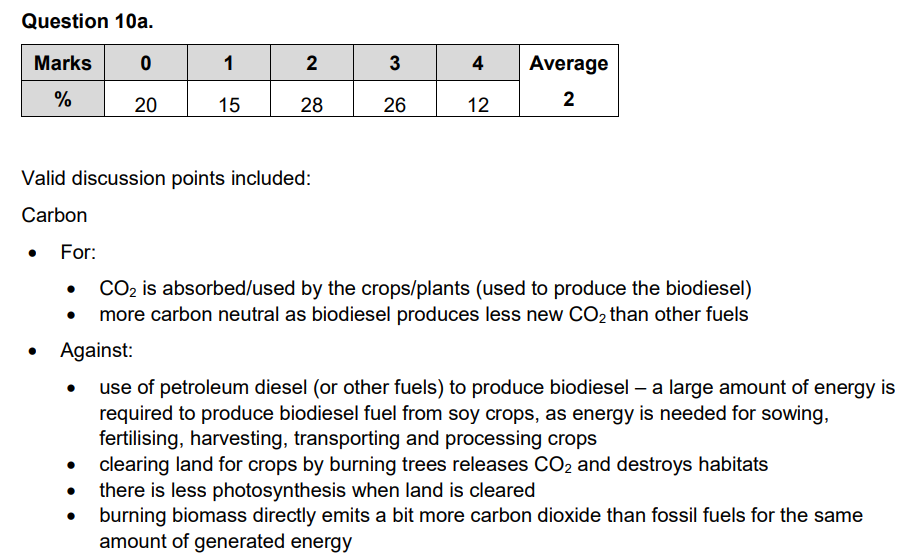What makes VCE Chemistry Unit 3 and 4 SACs hard?
4 easy tips to prepare for your next SAC
1. Try and come up with some reuseable structures for worded questions

2. Practice the worded questions from VCAA
3. Practice Under Time Conditions
4. Think about errors and improvements in your practical

Want to learn more about taking your Chemistry to the next level?
At Artin Education, we believe in supporting students to achieve their full potential. It doesn't matter if you're struggling, or if you're looking to achieve a 50 - if you're interested in maximising your Chemistry score, get in touch now to see what we have to offer!


